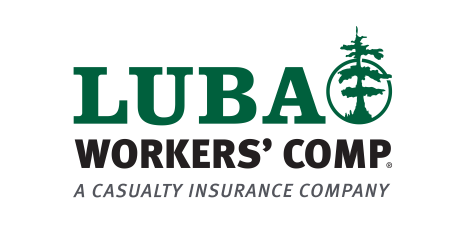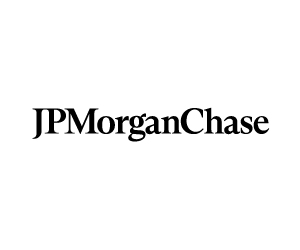In theory, plants are a pretty simple product. The general principle of it is straightforward. You put something in the ground. Add some water, some nutrients. You wait, you harvest, you eat. Or maybe you stuff it in a wicker basket and sell it at the farmer’s market.
But it’s really not that simple if you want to take something homegrown and market it. We run across products all the time that — in theory — you could make yourself. But maybe you couldn’t make it quite as well or as consistently or cheaply. That’s the hump to get over in taking backyard commerce to the marketplace. And it applies to folks selling produce like hydroponic lettuce or what business school types call “value added products” like an herbal tea.
Or how about manglier tea? If you grew up in a Creole or Cajun household, you know about it. If you didn’t, manglier tea is a French Louisiana cure-all made from a shrubby bush you probably have in your backyard. Traiteurs — faith healers — use it to treat all kinds of maladies. Your grandmother might have made it for you when you got a cold. It works. And like any medicine that works, it usually tastes awful.

Rayvin Silas Chevalier – it is but then again it isn’t your grandma’s manglier tea
Rayvin Silas-Chevalier has figured out how to make it more than a little palatable. Her company Blackbird Botanica brews manglier tea with honey, lemon orange and cinnamon. Her recipe is so good at helping the medicine go down, she can hardly keep up with the demand on shelves at local shops around Lafayette. Rayvin comes from a long line of healers. And it was her work as doula that first got her interested in herbal brewing. Her flagship product is Brave’s Brewed Manglier Tea — a Creole Immune Boosting Elixir.
Homebrewing and home growing can be rewarding, especially when it’s healing. But what if you want to scale up and bring that nutrition to a wider audience. That’s actually pretty tricky. Selling even lettuce on grocery store shelves takes an act of Congress — more specifically meeting USDA standards. But that’s what it takes if you want to do local — bigger. And that’s Kohlie Frantzen is trying to do with his hydroponic farming concept — Helical Farms.

Kohlie Frantzen – it’s not just lettuce, it’s local, organic and hydroponic
Hydroponic farming was an “a-ha” moment for Kohlie. The set-up, the machinery, the possibilities all seemed like a perfect fit for the skilled trades in Louisiana’s oil patch. Helical’s top seller is lettuce, which they supply to several local restaurants. And the operation has partnered with food banks to stock pantries during the pandemic.

Christiaan Mader, Kohlie Frantzen, Rayvin Silas Chevalier, and a whole bunch of hydroponic lettuce Out to Lunch at The French Press
This show was recorded live over lunch at The French Press in Lafayette. Photos by Kieran McIntosh who is really the show’s audio engineer but when our photographer got suddenly taken down by a (non Covid) virus Kieran was able to step in with his new iPhone 12 Pro!
Check out more lunchtime conversation about local health alternatives and healthy local food farming here.





